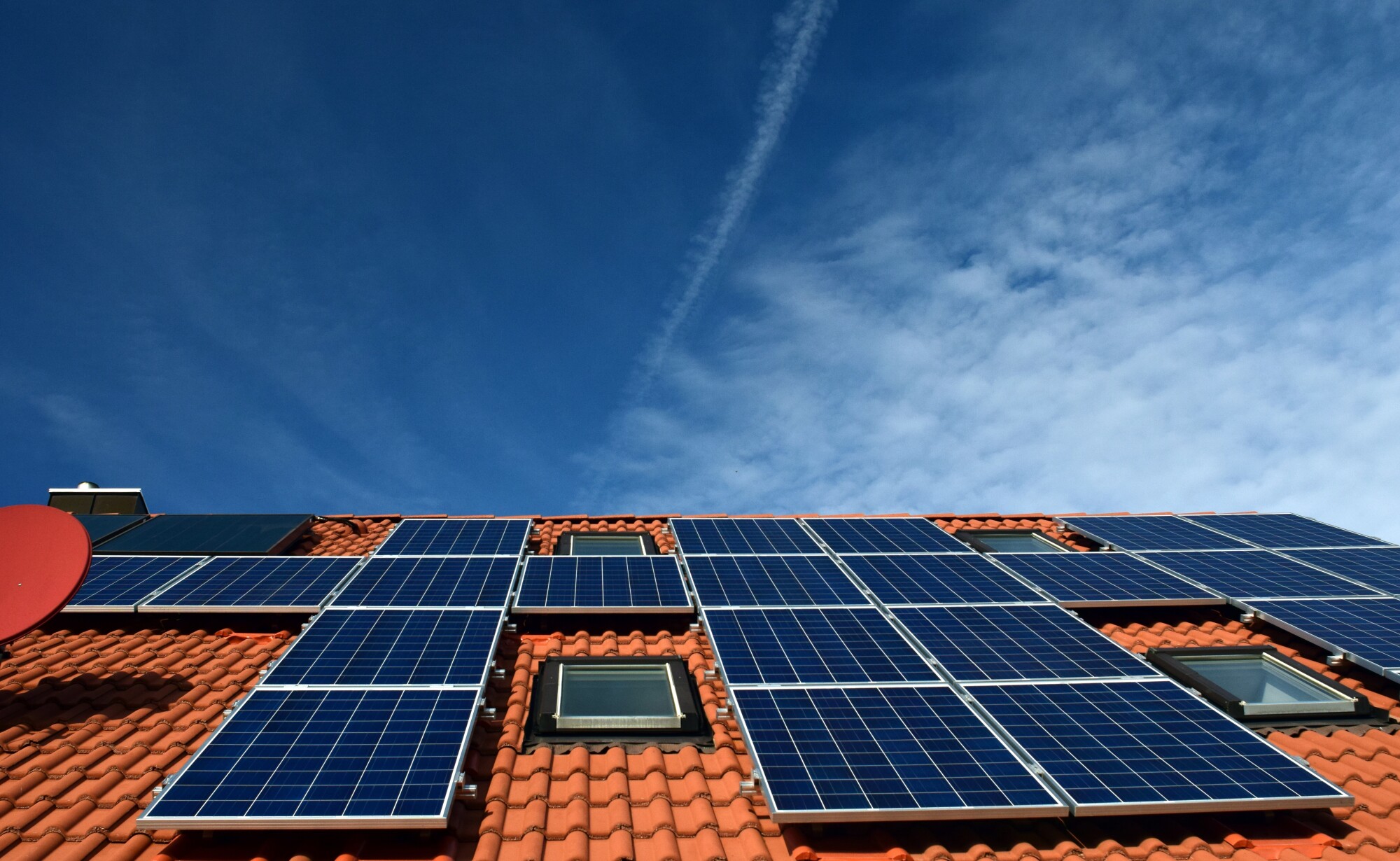Last year, about 2.7 million residential solar panels were available and installed in the US. There’s no question that we need to find alternative forms of energy. There are many different types of solar panels to choose from, each with its unique features.
Solar energy is abundant and straightforward to harness. While not without its drawbacks, solar technology has the potential to change how we think about power in our homes.
Keep on reading about the different home solar panels available today.
Monocrystalline Solar Panels
Monocrystalline solar panels are one of the most popular solar panel technology for residential homes. These panels have a sleek, black appearance and have single crystalline silicon cells.
They have the highest efficiency rate of the common types, usually around 15-20%, which makes them ideal for those with limited roof space. They are also more durable, requiring less maintenance over the panel’s lifetime.
Moreover, these panels also do well in colder and cloudier climates, as they absorb more light than polycrystalline panels. The main downside to monocrystalline solar panels is their cost, as they can be the most expensive to install. Still, the efficiency rate makes them worth the investment.
Polycrystalline Solar Panels
Polycrystalline solar panels, or multi-crystalline panels, are cheaper alternatives than monocrystalline ones. These panels have several silicon wafers cut from a large silicon boule.
The wafers are assembled in a matrix, making a photovoltaic cell. It generates an electrical current strong enough to power your home.
These types of solar panels are cost-efficient. But they tend to be less efficient than monocrystalline panels due to the differences in the types of silicon used. They are best for mild climates, and their slimmer silhouette makes them perfect for rooftops with limited space.
Grid-Tied Solar Panels
Grid-tied solar panels are also a great option used type for residential homes. These systems are connected to the grid and use electricity when solar energy is unavailable, acting like a utility backup plan.
Suppose your home produces more power than it uses. In that case, you can also sell the extra power to your utility company.
These panels are efficient and cost-effective but require batteries for energy storage, which adds to the cost. By using these or any other solar panels, you can add value and incentives to your utility bills. If you want to know more about solar incentives, ask a professional solar panel service today.
The installation process is straightforward, and a professional installer can help you. This type of system is best for areas with a reliable grid, like most places in the US. Finally, they are easy to maintain as they have minimal moving parts and need only occasional cleaning.
Thin-Film Solar Panels
Thin-film solar panels are one of the most common types of solar panels available for residential houses. These panels have a thin film of photovoltaic material, usually silicon or copper-indium-gallium-selenide.
They are lightweight and flexible, making them ideal for installation on small and odd-shaped roofs. They also offer enhanced performance in low light conditions and can maintain efficiency even in cloudy weather.
Another advantage of these solar panels is their cost-effectiveness. They need minimal installation time. They can be cheaper than conventional crystalline solar panels.
They also have a high tolerance for high temperatures, which increases their efficiency. Finally, thin-film solar panels provide higher power output and higher system efficiency. This makes them ideal for solar installation projects.
Floating Solar Panels
Floating solar panels, called floating photovoltaics (FPV), are a novel type of solar system. These capture sunlight like their traditional rooftop and ground-mount photovoltaic counterparts.
They are solar panels on floating platforms on water, such as ponds, reservoirs, and lagoons. FPV offers several advantages over standard land-mounted systems.
First, the water cools the PV modules and increases their efficiency. This can increase the power output by 44%. The water prevents them from becoming covered in dirt and dust, increasing their efficiency and lifespan.
Finally, FPV takes up less space than traditional land-based systems. This makes them attractive for homeowners installing solar panels in small land spaces or near bodies of water.
Solar Roof Shingles
Solar roofs are a new solar panel type that provides homeowners with a more aesthetic option. These solar tiles offer a sleek and modern alternative to traditional solar panels that blend into your home’s roof.
These look like conventional asphalt roof shingles and are available in various colors and styles. While more expensive, solar roof shingles have the same benefits and look far better than standard solar panels.
But solar roof shingles can’t be compatible with all roofs. So it’s essential to review the roof structure, surface, and pitch before considering this option.
Passivated Emitter and Rear Cell (PERC) Panels
Unlike traditional crystalline silicon solar cells, this type of solar panel contains solar cells in an inverted “V” shape. This allows them to capture more light and helps reduce installation costs.
They also include a rear passivation layer. This increases energy output and helps block sunlight from overheating the panel.
This means they are less prone to power output losses caused by partial shading or other environmental factors. PERC solar panels are ideal for flat, unshaded roofs.
Choose the Best Types of Solar Panels for Your Home Today
When selecting the right solar panels for your home, research the common types of solar panels available. Understanding your options lets you decide which type best suits your needs and budget.
Depending on your energy needs, some panels may work better than others. Be sure to research the best solar panels in your area to ensure you’re getting the best units for your home and budget. Start by contacting a professional solar panel installer for possibilities.
Want to learn more? Head to our website for the latest guides and insights for all your needs!


